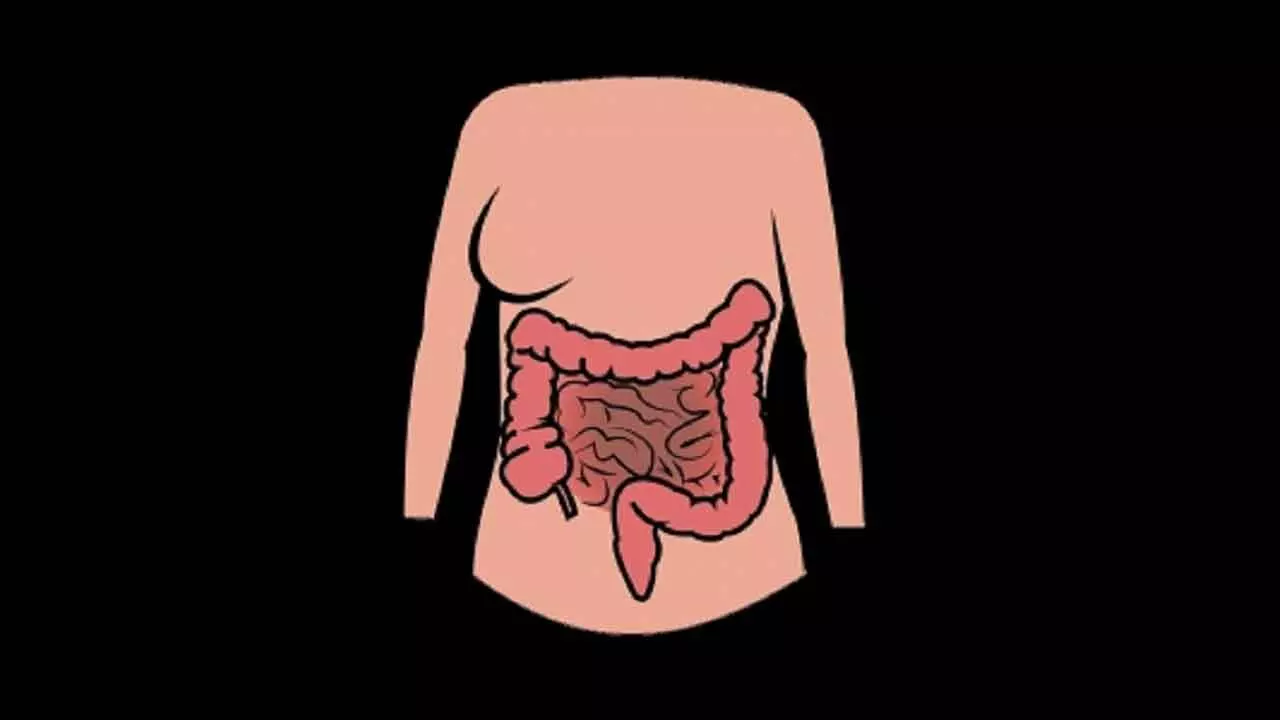New Combination Drug Treatment Against Intestinal Worms: Lancet
Treatments for soil-transmitted helminthiases face challenges, especially in addressing Trichuris trichiura. Combination regimens, particularly of ivermectin and albendazole, are promising
New Combination Drug Treatment Against Intestinal Worms: Lancet

New Delhi: A fixed-dose combination of albendazole and ivermectin may be a better tool against soil-transmitted helminths, that cause intestinal infections, according to results of phase II-III clinical trial.
Four species of parasitic worms (Ascaris lumbricoides, Trichuris trichiura, and the hookworms Ancylostoma duodenale and Necator americanus) are responsible for soil-transmitted helminthiases (STH). These parasitic worms get transmitted via contact with contaminated soil or water, causing a significant impact on nutrition and health, particularly in children and women of reproductive age.
The results of the randomised clinical trial, published in the journal The Lancet Infectious Diseases, may help endemic countries reach the control goals set in WHO's 2021-2030 Roadmap for Neglected Tropical Diseases. “Treatments for soil-transmitted helminthiases face challenges, especially in addressing Trichuris trichiura.
Combination regimens, particularly of ivermectin and albendazole, are promising,” said the international team of researchers led by the Barcelona Institute of Global Health (ISGlobal) in Spain. The study aimed to assess the safety, efficacy, and palatability of a combination tablet for the treatment of T trichiura, hookworm, and Strongyloides stercoralis infections among school-aged children in the African nations Ethiopia, Kenya, and Mozambique.
The current strategy against these infections include regular deworming treatments with albendazole for at-risk populations, along with improvements in water, sanitation, and hygiene.

